Fruits are a rich source of minerals, vitamins and fiber and they have fewer calories. Including various fruits in your diet help control your blood pressure and weight. It is recommended by the American Heart Association that you fill at least ½ your plate with vegetables and fruits so that you achieve the recommended target of 4-5 servings of each per day. From pineapples to watermelons there’s a rainbow of colored fruits that have been proved to protect your heart.
Fruits Good for the Heart Health
Citrus fruits: Citrus fruits are a rich source of carotenoids and flavonoids that help in protecting against oxidative stress and in reducing inflammation in the body, thereby, preventing heart disease. They are also loaded with vitamin C, which has been linked to a lower incidence of heart disease. Citrus is also loaded with hesperidin, which is a plant chemical that helps in improving the blood flow to the heart. Examples of various citrus fruits are lemons, oranges, limes and grapefruit. A 2011 study published in the Journal of Epidemiology suggested that citrus fruits if taken frequently are associated with a reduced incidence of cardiovascular disease.
Berries: Berries including strawberries, blueberries, blackberries and raspberries are a rich source of anthocyanin, which helps in improving blood flow to the heart and in preventing buildup of plaque in the arteries. In a study conducted at Harvard University, researchers found that females who included at least 3 servings of strawberries and blueberries per week in their diet had a reduced risk of suffering from a heart attack. Berries also contain large amounts of polyphenols—antioxidants that fight against damaging free radicals in the body. They also contain vitamin C and fiber, both of which are linked to a reduced risk of heart attack and stroke.
Avocados: Another example of fruits good for the heart includes avocados. The creamy texture of avocados comes from good cholesterol (monounsaturated fats), which helps in lowering your bad cholesterol. Because of their anti-inflammatory effect, they prevent chronic inflammation, which worsens atherosclerosis (the hardening of walls of the arteries). They are also a rich source of antioxidants and potassium. You can replace butter with mashed avocado or add avocado cubes to a salad or to black bean chili. However, since, they are high in calories you should eat them in moderation.
Red Grapes: Red grapes are a rich source of resveratrol that helps in keeping the platelets in your blood from sticking to each other. That is why red wine in moderate quantities (1 glass for females and 2 glasses for males) may have some advantages for heart health over other kinds of alcohol. However, if you love your nightly glass of wine, make sure that your doctor permits the serving size. Black grapes also seem to hav1e similar health benefits as red grapes.
Pomegranate: Pomegranates are a rich source of various antioxidants, including heart health promoting anthocyanins and polyphenols, which help in preventing the hardening of the arteries. According to a study of heart disease patients, it was found that when a daily dose of pomegranate juice was given for 3 months to these patients, they showed improvements in blood flow towards the heart.
Apples: Apples are also one of the fruits good for the heart. Apples contain many health promoting nutrients such as polyphenols-the antioxidants, which protect cholesterol from the assault of free radicals. Apples are also a rich source of pectin, which blocks cholesterol absorption and fiber which removes cholesterol. According to a recent study, the result of eating an apple a day is a 40% reduction in LDL cholesterol. The majority of the antioxidants are present in the peel of the apple, hence, don’t peel off the apple before eating.
Dates: Dates are a rich source of potassium, a nutrient that helps in managing blood pressure. According to a study that was published in the Journal of Agricultural and Food Chemistry, dates may also help in reducing the level of triglycerides (blood fats that are associated with strokes and heart attacks). However, since they are high in calories (one date containing around 66 calories), eat only 2 as a snack per day.
Other Foods that Are Good for Your Heart
Salmon: Salmon is a rich source of omega-3 fats that help in thinning of the blood and in regulating heart rhythms. They also help in reducing the levels of triglycerides. According to the American Heart Association you should aim for at least 2 servings of oily fish every week-one serving is 3.5 ounces.
Walnuts: Walnuts are a rich source of good fats (monounsaturated fats). Consuming these good fats helps in reducing bad cholesterol (LDL) and raising good cholesterol (HDL). Walnuts also contain omega-3 fatty acids. Eating 5 ounces of nuts every week may decrease your risk of heart disease to half.
Low-fat or fat-free milk or yogurt: Dairy products are a rich source of potassium, which has an effect of lowering blood pressure.
Oatmeal: Oatmeal is a rich source of fiber known as beta-glucan that helps in lowering your LDL cholesterol. 1-1/2 cups of cooked oatmeal provides you the amount of beta-glucan you require daily to help reduce your cholesterol.
Dark Chocolate: Chocolate is made from the plant Cacao, which is a rich source of flavanols. It helps in lowering your blood pressure and in preventing blood clots. It also has antioxidant properties and helps in preventing bad cholesterol from sticking to the walls of the arteries. Dark chocolate with at least 70% cocoa is more beneficial.
Potatoes: As long as you don’t deep fry them, potatoes are good for your heart. They are a rich source of potassium, which helps in lowering blood pressure. They are also rich in fiber which reduces the risk of heart disease.
Tomatoes: You can say that these are fruits good for the heart or vegetables. Tomatoes are also a rich source of potassium. Moreover, they are also rich in antioxidant lycopene. Lycopene is a type of carotenoid that helps in removing bad cholesterol, keeping blood vessels open and lowering the risk of heart attack.
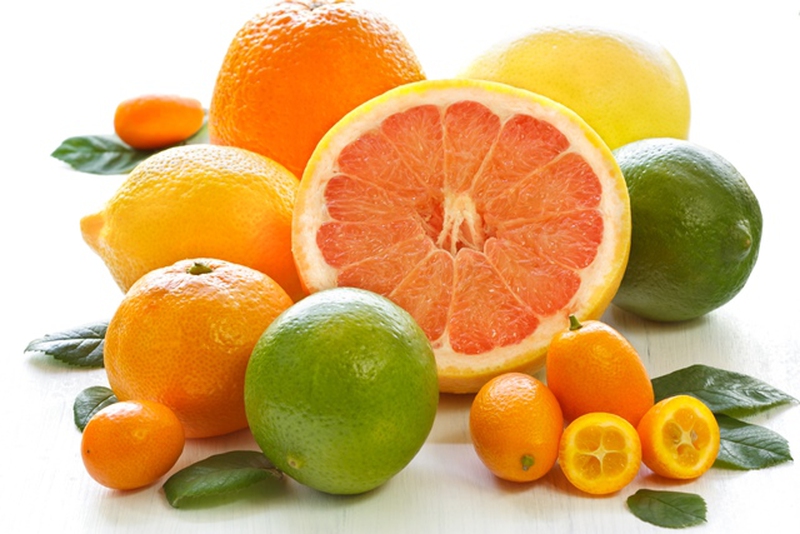
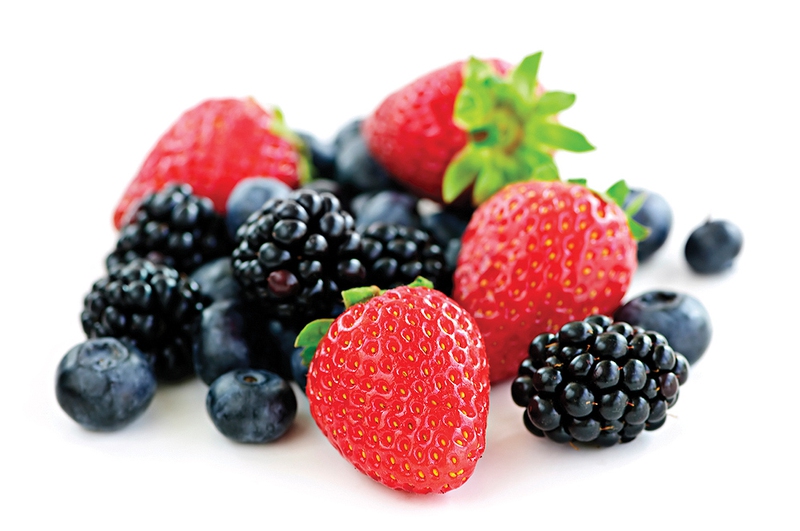
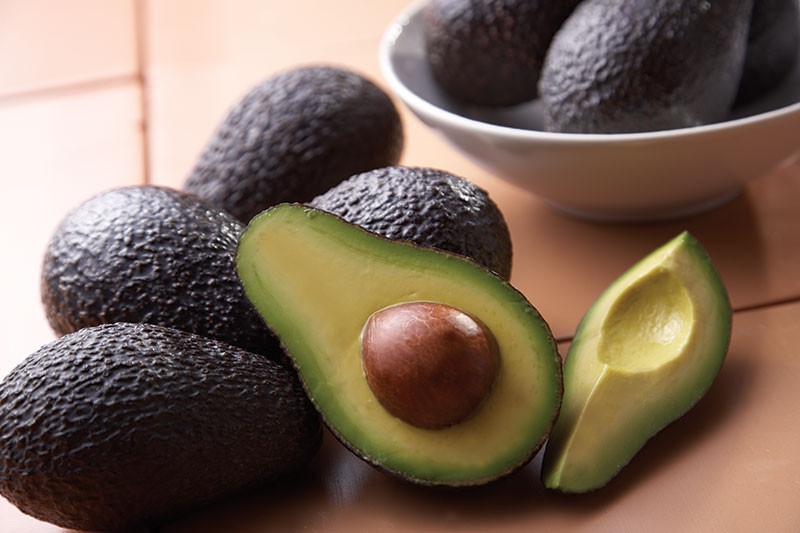
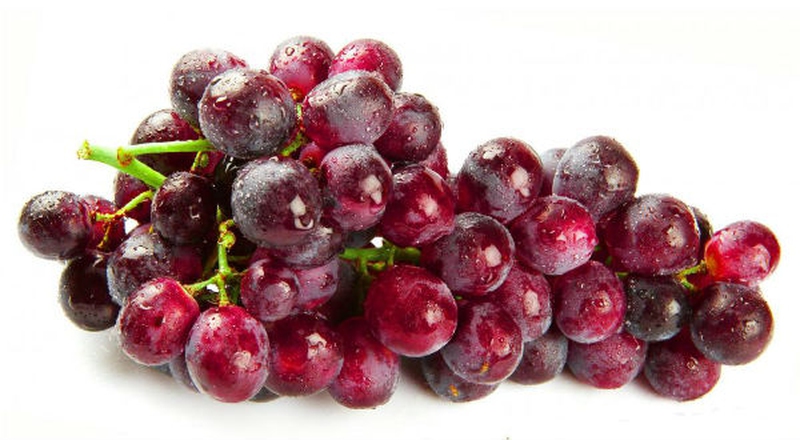
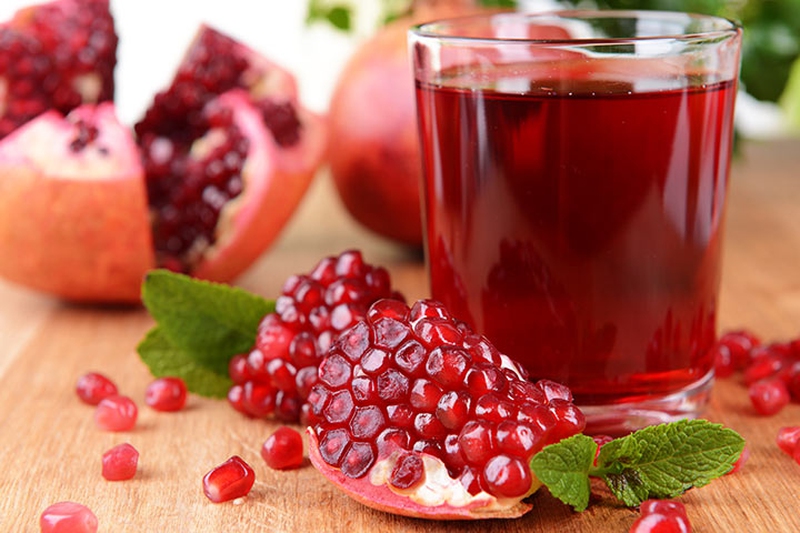
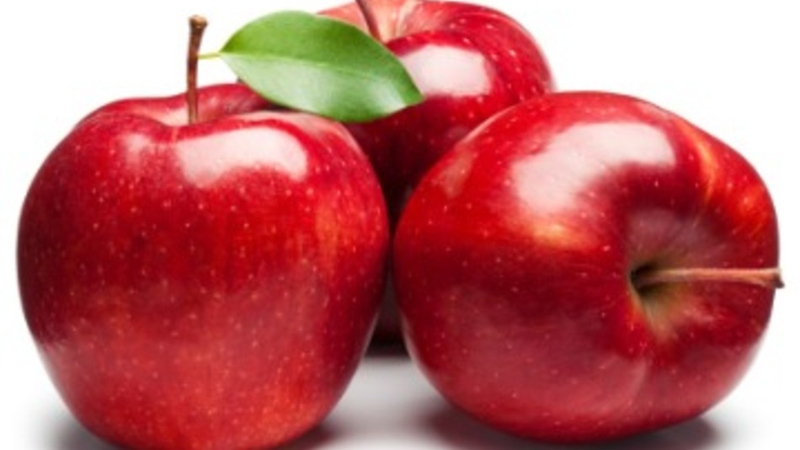
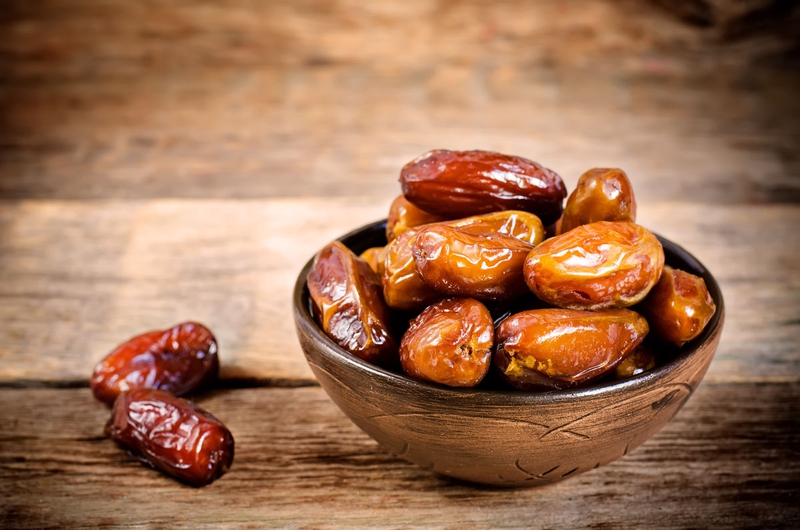
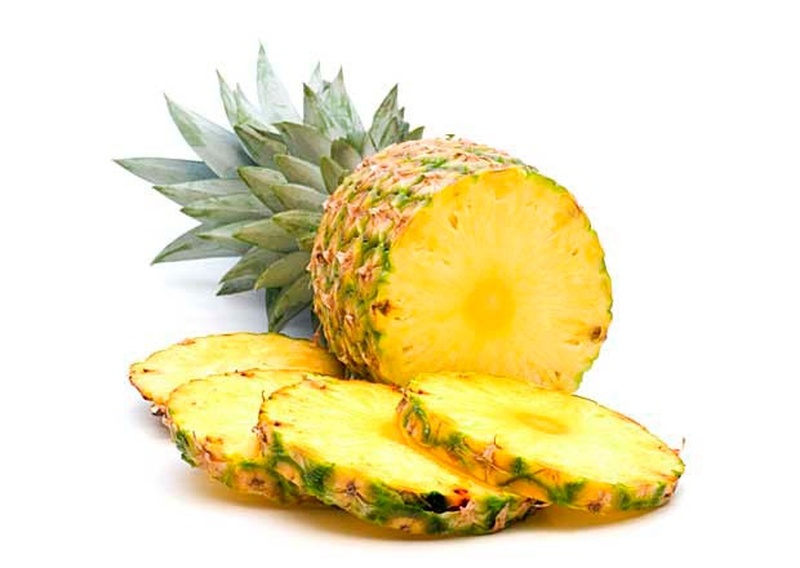
View All Comments /Add Comment